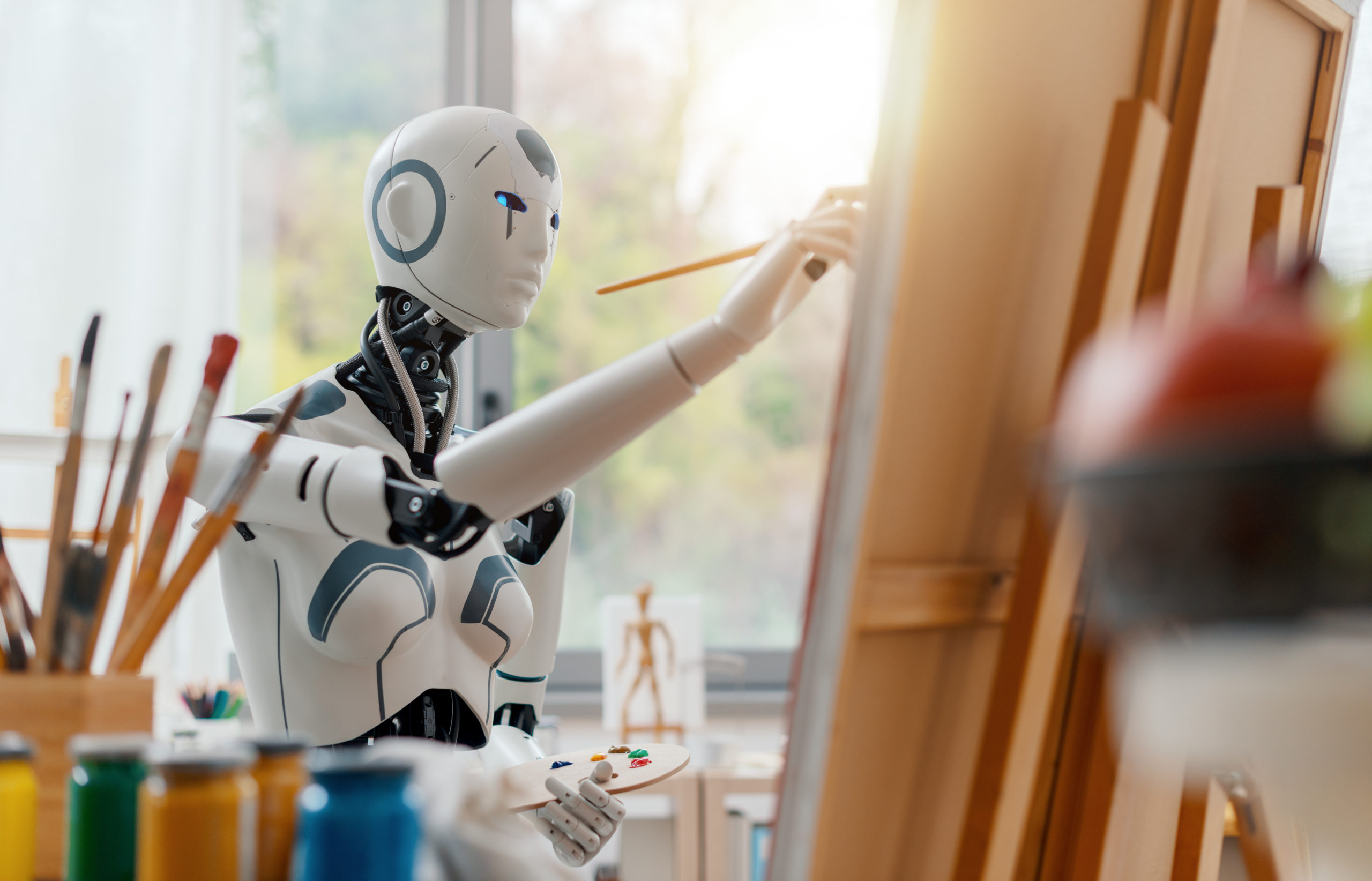Will Ai Replace Songwriters and Composers ?

The rapid advancements in artificial intelligence (AI) have sparked debates about its potential impact on various industries, including music composition. With AI-powered algorithms capable of generating melodies, harmonies, and even entire songs, some wonder if songwriters and composers will eventually be replaced by machines. We explore the relationship between AI and music creation, and examine the current capabilities of AI in composition to contemplate the future of human creativity in the face of technological innovation.
Powerful Collaborative Tool
Rather than seeing AI as a replacement, many industry professionals view it as a powerful collaborative tool that can augment the creative process. AI algorithms can analyze vast amounts of musical data, identifying patterns and generating musical ideas that can inspire human composers and songwriters. By providing unique suggestions and automating certain tasks, AI can serve as a valuable resource, enhancing creativity and productivity. With AI, artists can explore new possibilities, experiment with different styles, and overcome creative blocks.
Limited Emotional Expression
While AI algorithms can mimic patterns and structures found in existing music, they still struggle to capture the depth of human emotion and the nuanced storytelling aspects inherent in songwriting and composition. Music is a powerful medium that conveys emotions and connects with listeners on a profound level. It is in this realm that human songwriters and composers excel, bringing their personal experiences, emotions, and unique perspectives into their creations. The ability to translate human experiences into music is a complex and deeply human art form that AI has yet to fully replicate.
One of the cornerstones of songwriting and composition is the ability to create something original and distinctive. While AI can generate melodies and chord progressions based on existing music, true innovation and creativity often require human intuition and imagination. Artists draw inspiration from a wide range of influences, combining them in unique ways to produce something novel. The human touch brings an element of unpredictability and individuality that sets artists apart and allows them to forge new artistic paths.
The Human Connection
Music is a universal language that forges connections between people, evokes emotions, and tells stories. Listeners often find solace, inspiration, and a sense of shared experiences in the songs they connect with. This human connection goes beyond the technical aspects of music and relies on the ability of songwriters and composers to tap into universal emotions and touch the hearts of their audience. While AI can create technically proficient compositions, it may struggle to replicate the deep emotional resonance that human creators bring to their work.
The Future of Music Creation
While AI continues to evolve and advance in its capabilities, the question remains: will it replace songwriters and composers entirely? It is unlikely. The symbiotic relationship between technology and human creativity will likely continue to thrive, with AI serving as a valuable tool in the creative process. Human songwriters and composers possess a unique combination of emotion, storytelling ability, and artistic intuition that cannot be replicated by machines. AI can aid in generating ideas and streamlining certain aspects of music production, but the essence of music creation lies in the human connection and the individuality of the artist.
A Transformative Role
AI undoubtedly plays a transformative role in various aspects of the music industry, including composition. However, the art of songwriting and composition encompasses much more than the technical aspects that AI can replicate. The ability to express complex emotions, tell compelling stories, and forge deep connections with listeners remains firmly rooted in the realm of human creativity. As technology advances, songwriters and composers will continue to harness the power of AI as a collaborative tool, leveraging its capabilities to fuel their own artistic vision and create music that resonates on a profoundly human level. The future of music creation lies in the harmonious collaboration between human